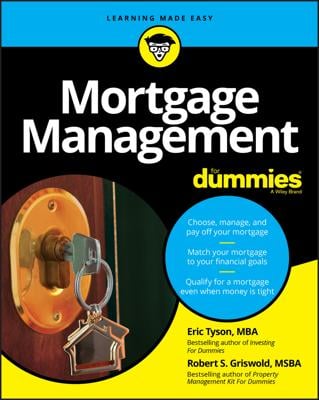People tend to shy away from the very idea of reverse mortgages, in part because of their former bad rap, and in part because of all the scary terminology. When someone starts spouting off about how you can "utilize the equity in your home on deferred payments with a conversion mortgage," chances are pretty good you're going to tune it out.
Reverse mortgages pay you to continue living in your home. You can think of your home as the Bank of You: You're borrowing money that you would have earned had you sold your house. You can then use the money for whatever you want. Anything your heart desires (and your wallet can handle) is yours for the taking, whether it's a vacation in Switzerland, moving your master bedroom to the first floor, or sending yourself to college!
The concept is kind of abstract if you've been paying a lender for the past 30 years or so, and it may be difficult to grasp at first. Take a look at the quick reference points below:
You're a homeowner who owes little or nothing on your home. You decide you need more money to live the lifestyle you want, but your biggest asset is your home and you certainly don't want to sell it to get the money you need.
A reverse mortgage lender figures out how much it can lend you based on your home value, your age, and interest rates, and loans you some percentage of the money you would have gotten if you'd decided to sell your home.
You still own your home and continue to live in it, but now you're getting payments from the lender, so your cash flow problem is solved.
You pay the loan back (with interest) only when you don't live in the house full time anymore, usually due to moving out or death.
You never owe more than your home is worth, no matter how much you've accumulated in debt.
You keep any leftover equity after the sale of the house; if you owe the lender $67,000 and your home sells for $200,000, you put the difference in your pocket and walk away smiling.
A reverse mortgage is sometimes called a deferred payment loan, and for a very good reason. Instead of paying off the home loan as you borrow money, the payments are put off (deferred). This is why reverse mortgages can be such a good choice for seniors; when you're on a fixed income or living off of your savings, it can help to have some extra cash in hand to supplement.
Because payment is deferred, you are spending the equity in your home, rather than earning it (as you would with a traditional forward mortgage). Since equity is an intangible value, you never feel the effects of the equity going down, but you sure feel the money flowing steadily into your checking account.

